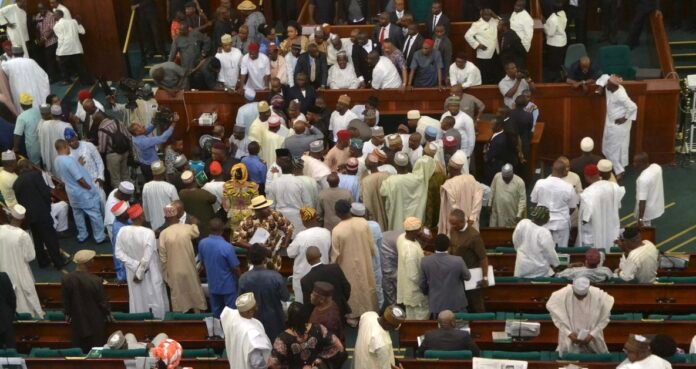Nigeria’s House of Representatives has launched an investigation into the use of $4.6 billion in international aid grants disbursed between 2021 and 2025, amid concerns that the funds have failed to significantly reduce deaths from HIV, tuberculosis, and malaria.
The motion, presented on the House floor, called for urgent oversight and a reassessment of current strategies to help Nigeria meet the United Nations’ 2030 health targets.
Lawmakers directed the House Committee on HIV/AIDS to submit a report within a month, including legislative recommendations to improve health outcomes.
The probe will scrutinize grants from major donors, including the U.S. Agency for International Development (USAID) and the Global Fund to Fight AIDS, Tuberculosis and Malaria. Legislators also noted that the U.S. President’s Emergency Plan for AIDS Relief (PEPFAR) contributed an additional $6 billion over the same period to support treatment and prevention programs.
“Despite these substantial investments, Nigeria continues to record alarming health figures, with 51,000 AIDS-related deaths in 2023—placing the country third globally,” the motion stated.
Nigeria also accounts for 31% of global malaria deaths and has the highest tuberculosis burden in Africa, lawmakers added.
The inquiry follows growing concern over the effectiveness of aid spending, particularly after reductions in U.S. foreign assistance under former President Donald Trump.
Mali’s Goïta Fires Top Military Chiefs Over Mounting Battlefield Setbacks
Parliamentarians warned that without decisive intervention, Nigeria risks missing critical global health targets while millions continue to suffer from preventable diseases.
American Missionary Abducted in Niger’s Capital Amid Rising Insecurity
Source:Africa Publicity








